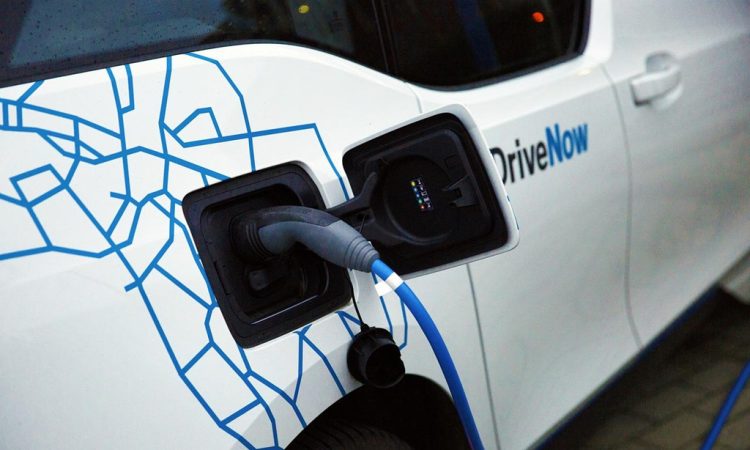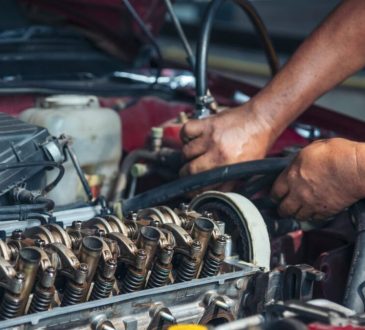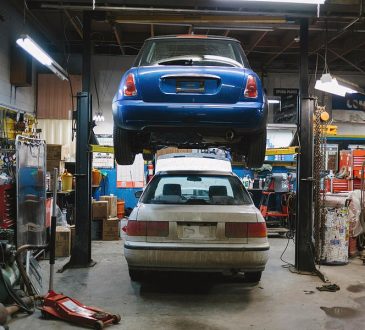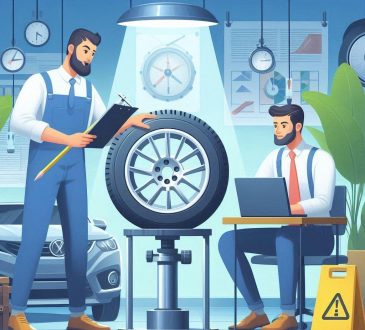The Elegant Evolution of Vehicle Maintenance: Why Your Hybrid Requires Specialised Servicing

Regular hybrid car servicing represents a fascinating example of how technological evolution demands parallel advancement in maintenance methodologies. Just as natural selection favours organisms that adapt to changing environments, the automotive industry has necessarily developed specialised maintenance protocols for these remarkable dual-powered machines. Understanding why these sophisticated vehicles require distinct attention is not merely pragmatic—it’s essential for any rational hybrid owner.
The Remarkable Duality of Hybrid Systems
The hybrid vehicle presents us with a splendid example of engineering convergence—the marriage of internal combustion with electric propulsion.
This duality creates a maintenance profile quite unlike conventional vehicles:
- The regenerative braking system requires specific calibration
- High-voltage battery systems demand specialised diagnostic equipment
- Cooling systems manage both traditional engine and electric components
- Power management systems require software-based evaluation
“Singapore hybrid car servicing specialists report that 73% of hybrid performance issues stem from improper maintenance of the vehicle’s sophisticated electronic systems rather than mechanical failures,” according to recent industry data.
The Evidence for Specialised Maintenance
The notion that hybrids can be serviced identically to conventional vehicles is as misguided as suggesting that mammals and reptiles should receive identical veterinary care.
The evidence for specialisation is overwhelming:
- Electric motors and generators require specific diagnostic protocols
- Battery health assessment demands specialised equipment
- Power inverters and controllers need expert evaluation
- Transmission systems in hybrids often employ continuously variable designs
The Fallacy of Generic Servicing
When confronted with the complexity of hybrid systems, some maintenance providers offer what might charitably be called a simplistic approach—focusing primarily on the combustion elements while paying scant attention to the electrical components. This is a profound misunderstanding of the integrated nature of these vehicles.
“Regular assessment of power management systems during hybrid car servicing extends battery life by up to 37%,” note Singapore hybrid car specialists who have collected extensive data on long-term performance.
The Adaptive Advantage of Proper Maintenance
Consider the hybrid vehicle as an organism adapted to a specific ecological niche—designed to maximise efficiency through the complementary interaction of different power sources.
Proper maintenance preserves this magnificent balance:
- Regular calibration ensures optimal transitions between power sources
- Battery health monitoring prevents premature degradation
- Software updates improve performance algorithms
- Cooling system maintenance prevents thermal stress on electrical components
The Selection Pressure of Economics
The economic advantages of proper hybrid maintenance manifest themselves with almost Darwinian inevitability.
Vehicles properly serviced by specialists demonstrate:
- Extended battery life spanning 8-10 years rather than 5-6
- Improved fuel efficiency throughout the vehicle’s lifespan
- Reduced replacement costs for major components
- Higher resale values reflecting better system integrity
Consider this parallel to natural selection: just as organisms with beneficial adaptations thrive in challenging environments, properly maintained hybrids demonstrate remarkable longevity in the demanding conditions of urban driving. The economic advantages become particularly pronounced when calculating total ownership costs across the vehicle’s lifespan.
“The data shows conclusively that proper hybrid car servicing results in 23% lower total ownership costs over a five-year period,” according to comprehensive analysis from Singapore’s hybrid vehicle specialists.
The Clear Path Forward
The evidence compels us toward an inescapable conclusion: hybrid vehicles, like all complex systems, require maintenance protocols specifically evolved to address their unique characteristics. The rational hybrid owner recognises this reality just as clearly as the evolutionary biologist recognises specialisation in nature.
When seeking hybrid car servicing, the discerning owner should demand:
- Technicians with certified hybrid-specific training
- Diagnostic equipment designed for high-voltage systems
- Comprehensive battery health assessment
- Software-based analysis of power management systems
The Delusion of Mechanical Homogeneity
A peculiar form of cognitive dissonance affects some vehicle owners—a willingness to acknowledge the technological sophistication of hybrid systems while simultaneously believing their maintenance requirements are identical to conventional vehicles. This is equivalent to admiring the complex adaptations of marsupials while insisting they should receive the same veterinary care as placental mammals.
“When comparing long-term performance data, Singapore hybrid car servicing experts have documented a 47% reduction in system failures when maintenance is performed by specialists rather than generalists,” according to industry research that should convince even the most stubborn skeptics.
The Intellectual Responsibility of Ownership
Owning a hybrid vehicle comes with intellectual responsibilities that extend beyond mere operation.
The informed owner develops at least a rudimentary understanding of:
- The principles governing power transfer between systems
- Battery chemistry and degradation factors
- The role of software in managing efficiency
- The importance of regular diagnostic evaluation
This knowledge need not be comprehensive—one needn’t understand quantum mechanics to appreciate the value of physics—but a basic grasp of these principles informs better maintenance decisions and prevents exploitation by underqualified service providers.
Conclusion: A Rational Approach
The magnificent hybrid vehicle represents a transitional form in automotive evolution—bridging the gap between combustion engines and fully electric transport. Just as transitional fossils require specialised paleontological techniques, these technological marvels demand maintenance approaches evolved specifically for their unique systems. The evidence is clear and compelling: proper hybrid car servicing extends vehicle life, improves performance, and ultimately delivers superior economic outcomes for the rational owner.




